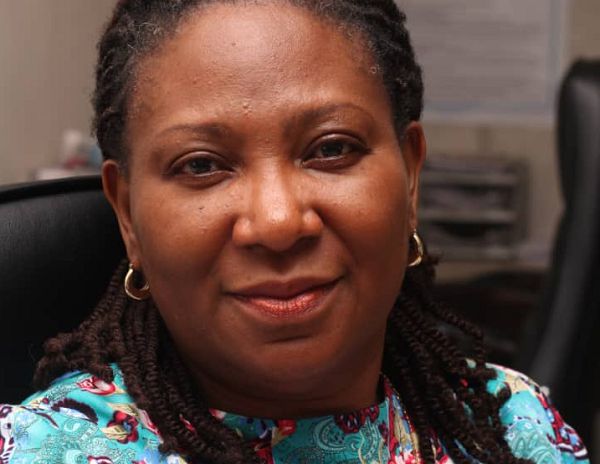
Funeral politics
Death and everything that comes with it has never been an attraction to me and I believe several others.
Neither the flowers nor the dirges; not to talk about the homily at church services.
Advertisement
Funerals are unpleasant and long after everything is done, the scenes stick with some of us forever.
But alas, there is nothing we as human can do to prevent death apart from praying and getting good health care.
Even these are not enough as death is one of the certainties of life and will come at its own time; only the hour is unknown.
We live in a society where we seem to breathe funerals, eat funerals and bath funerals.
The rich and the poor are all neck deep in it.
During the preparation for funerals and the event proper, all sorts of issues crop up resulting in acrimony and sometimes legal battles, all in an attempt to give a loved one a befitting burial.
This sequence of events often targeted at the nucleus family is what I call “funeral politics”.
This kind of politics can be so powerful as to leave the body in the morgue for months or years resulting in unnecessary expenditure while people engage in a show of might irrespective of the grief of loved ones.
If only the dead could see and hear, they would marvel at what goes on “over their dead body”.
Some of the issues that characterise funeral politics range from the choice of venue, cemetery, the kind of shroud, type of refreshment, casket and hymns.
Names to be included in the obituary is also a very big deal as an omission is likely to start a family feud.
Others have to do with whether the body would be laid in church or not.
This sometimes depends on whether the deceased used to pay tithe and levies or not.
The way the funeral will go also depends on whether the dead had stepped on some toes or not.
For some, the underlying motive for the choice of venue is the kitty.
The role the widow or widower and the children should be allowed to play also comes to play.
There have been cases where widows have been completely left out because they have been seen as the reason why some family members have not had their way with the dead while alive.
If the children are adults, it is a different game and if they are minors that is a different ball game too.
Then there is the role of the head of family (Abusua panyin).
Depending on his character, his pocket and how firm he is, he could become the power broker deciding who does what, when and how.
In some cases, he becomes the head and engineer of all the chaos we see during some funerals and could also be the unifier preventing chaos.
Some of the chaos go so deep that after the burial, the family is divided forever.
In order to overcome these culturally sensitive issues during funerals, I think it is about time we looked at patronising the packages of funeral homes.
This takes a lot of stress from the bereaved family.
Individuals should also think of signing on to funeral insurance policies or consider writing their wills giving elaborate instructions as to how they would want their funerals arranged and who should be responsible for what.
It is difficult to understand why the demise of a loved one would separate the living instead of bring them together.
Often the difficulties arise when the conception is that the dead has left a lot of spoils.
Evidence abounds to confirm that all that glitters is not gold and, in some cases, families have been disappointed as their much-touted wealthy relatives have turned out to be bags of debt after their demise.
If only they had known a couple of weeks earlier, how peaceful the funeral would have been.
Why can’t we come together and bury our loved ones in peace as we wait for our turn?
I have had my share of funeral politics, how about you?
Writer’s E-mail: [email protected]/[email protected]



